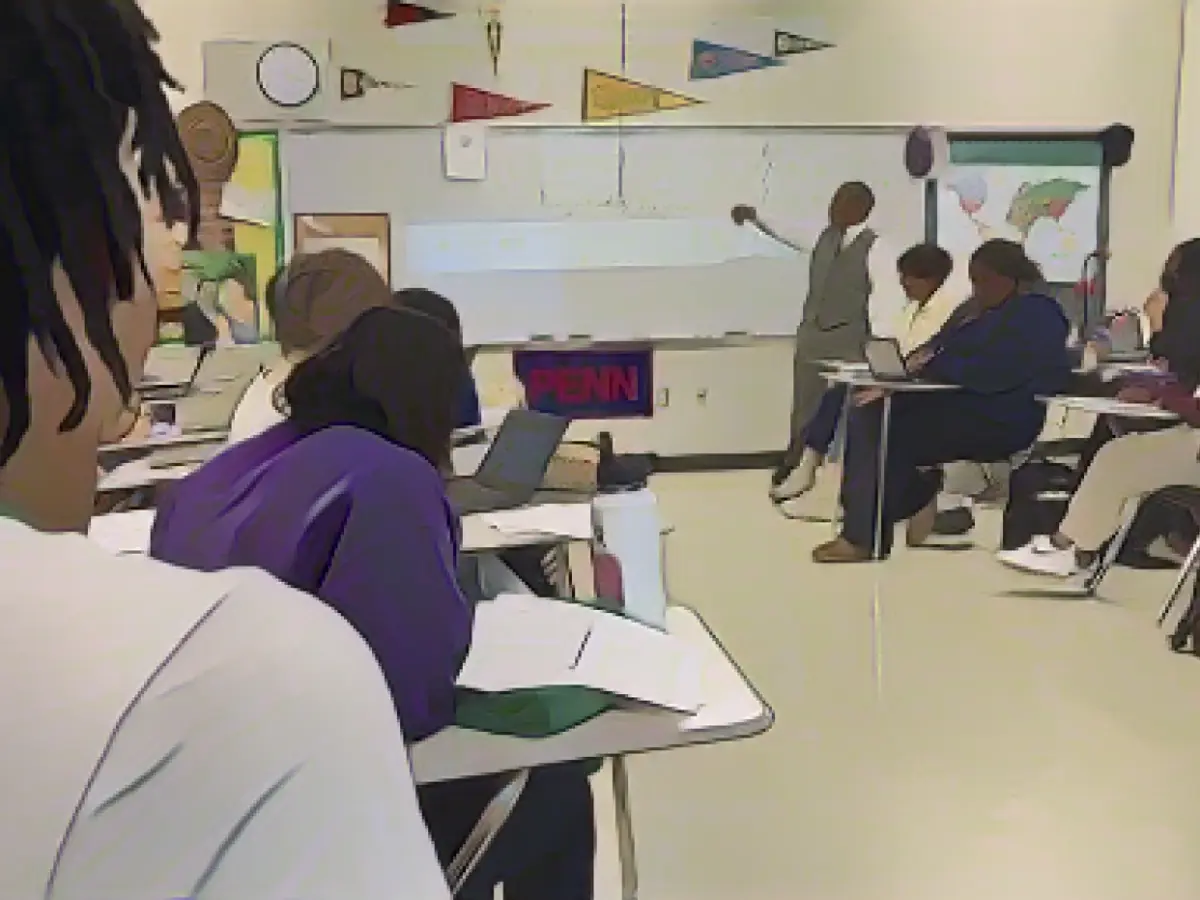College Board Revamps African American Studies AP Course Amid Controversy
The College Board is looking for experienced AP teachers and scholars to revamp its African American Studies AP curriculum in the face of fierce competition. The move comes amid heated debates about the inclusion of a controversial political agenda in the original course framework.
Florida Governor Ron DeSantis and others criticized the original curriculum for force-feeding a political agenda. The Florida Department of Education initially rejected the pilot version due to concerns about its lack of educational value and alleged violation of state laws banning the teaching of Critical Race Theory (CRT).
The new curriculum, due for release in April, will incorporate resources on the Tulsa Race Massacre, WWII contributions by African Americans, and their role in music, film, and sports. The curriculum is divided into four sections: "Origins of African Diaspora," "Freedom, Slavery, and Resistance," "The Practice of Freedom," and "Movements and Debates."
Covering topics from early African kingdoms to the Civil War, reconstruction, and civil rights, the revised framework aims to introduce college-level essential topics. The new approach saves time for in-depth exploration of topics of interest and encourages future college success.
Controversial topics like Black Lives Matter and reparations will be discussed but not included in the AP exam. These were initially included but later removed due to objections from Florida's education authorities.
The College Board described the course as providing an engaging overview of African American experiences, promoting analytical skills and a broader perspective. Brandi Waters, the main author of the revised framework, hoped all interested students could participate.
More than 13,000 students are registered for the pilot program, available in over 40 states. The curriculum has been criticized for alleged CRT and DEI promotion, perceived negative focus on American history, and teaching challenges due to restrictions.
Despite the controversies, content creators and educators promote Black history education through online platforms and initiatives like "HillmanTok University" and "Fast Black History."
Enrichment Data Integration:
The revised African American Studies AP curriculum faces opposition due to state restrictions and public criticism. Key points include:
- State Restrictions:
- South Carolina has banned the teaching of AP African American Studies, aligning with broader anti-CRT laws in several states.
- Legal Challenges:
- A federal lawsuit filed against South Carolina alleges restrictions on racial inequality teaching violate free speech.
- Educational Impact:
- Restrictions limit comprehensive education on race-related issues, risk worsening healthcare disparities.
- Implementation Challenges:
- Curriculum uncertainty and lack of transparency in California have delayed the California Ethnic Studies course.
- Community distrust and financial consequences result from indefinitely paused state funding.
Unrevised Paragraphs (if input exceeds limit): A student plaintiff argues that understanding African American history is crucial for their medical career, affecting the diagnosis, treatment, and care of patients of color. Without proper knowledge, healthcare disparities worsen, leading to inadequate treatment and even death. Palo Alto Board of Education approved California Ethnic Studies as a graduation requirement for the class of 2029, despite mixed student feedback about its potential generalization of ethnic identities. The course risks reinforcing fixed mindsets about power and privilege.








